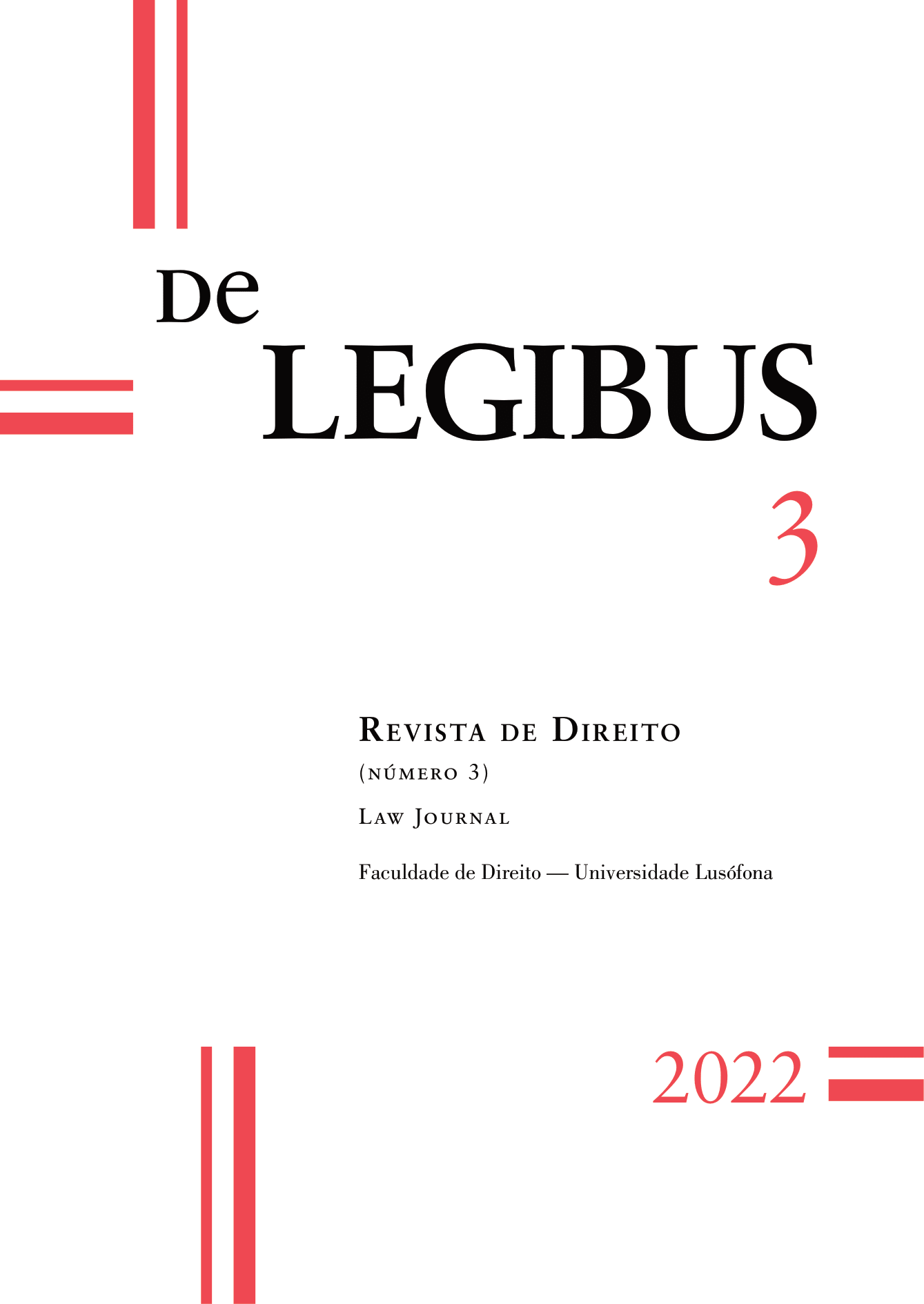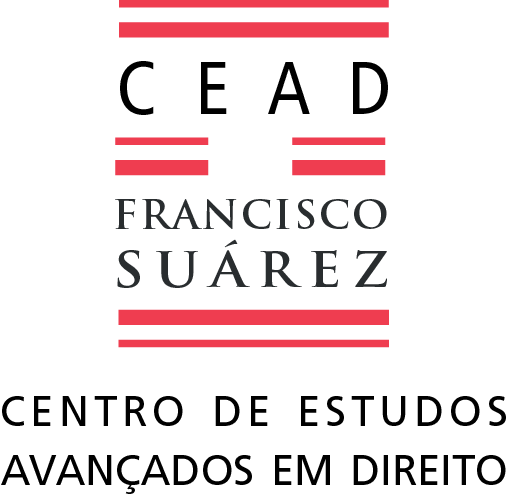Natureza e Limites Cognitivos do Supremo Tribunal de Justiça
Abstract
Is has been more than a century since the Supreme Court of Justice ceased to be a court of cassation, and rules, essentially, as a substitution court. Only in fixed cases – the assessment of certain nullities of judgments under appeal and the annulment of judgments under appeal for the purposes of extending the matter of fact – does it act as a court of cassation. It decides a case as last appeal, even in such cases where the Full Bench is convened to establish jurisprudence (ordinary extended review appeal and extraordinary appeal for standardised jurisprudence). Only in the case of an extraordinary appeal by the Public Prosecutor’s Office (MP), can the Supreme Court of Justice set jurisprudence without deciding the specific case.
Downloads
Copyright (c) 2022 De Legibus - Law Journal

This work is licensed under a Creative Commons Attribution-NonCommercial 4.0 International License.





